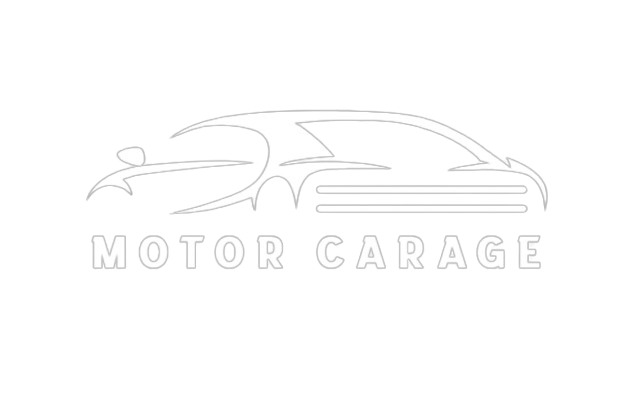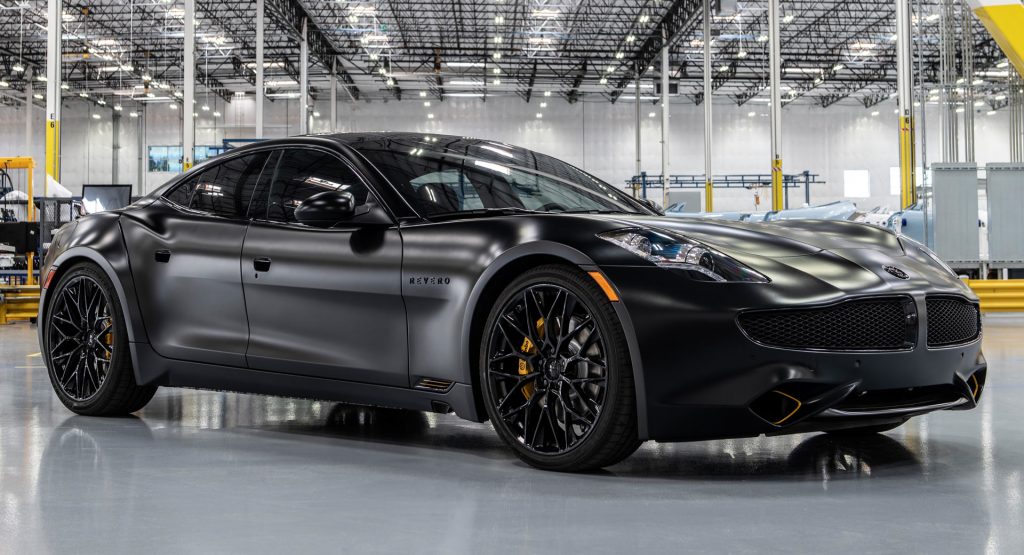In an era where individuality rules, the automotive industry is witnessing a paradigm shift in the way vehicles are customized and personalized. Consumers are demanding more options to customize their cars to reflect their personalities and lifestyles, from unique paint jobs to custom interiors. As we look ahead, the future of customization in the automotive industry is poised to be shaped by technological advances, changing consumer preferences and a growing emphasis on sustainability. In this article, we explore the trends, challenges, and opportunities that lie ahead in the world of automotive customization.
The evolution of automotive customization
Customization has long been a hallmark of automotive culture, and enthusiasts strive to make their vehicles stand out from the crowd. Historically, customization has been limited to aftermarket modifications such as performance upgrades, body kits, and custom paint jobs. However, the advent of digital technology has revolutionized customization, offering consumers unprecedented levels of personalization.
Digital configurators: Empowering consumers
One of the most significant advances in car customization is the proliferation of digital configurators. These online tools allow consumers to visualize and customize their vehicles in real time and choose from a wide range of options such as paint colors, interior materials and optional features. Digital configurators not only improve the shopping experience, but also allow manufacturers to offer a greater variety of customization options without the need for extensive physical inventory.
Tailor-made vehicles: Exclusivity of production
In addition to mass-produced vehicles, there is a growing demand for custom, hand-built cars. Luxury car manufacturers such as Rolls-Royce and Bentley have long offered customization programs that allow customers to create unique vehicles tailored to their exact specifications. As technology advances, customization is becoming more affordable, and smaller manufacturers and startups are offering personalized vehicles at a fraction of the cost.
3D printing: unleashing creativity
3D printing is revolutionizing automotive customization by making it possible to create complex, intricate parts and components. From custom grilles to personalized interior trim pieces, 3D printing allows consumers to unleash their creativity and design truly one-of-a-kind automotive creations. In addition, 3D printing offers benefits such as reduced waste, faster prototyping and greater design flexibility, making it an attractive option for both manufacturers and consumers.
Sustainability: The next frontier
As concerns about environmental sustainability grow, so does the demand for environmentally friendly customization options. Manufacturers are increasingly incorporating sustainable materials such as recycled plastics, natural fibers and vegan leather into their vehicles, offering consumers a greener alternative to traditional materials. In addition, aftermarket companies are developing eco-friendly products such as solar accessories and biodegradable car care products that cater to environmentally conscious consumers.
Challenges and opportunities
While the future of automotive customization is full of promise, there are several challenges that need to be addressed. One of the biggest challenges is balancing customization with security and compliance. It is essential to ensure that customized vehicles meet safety standards and regulations without compromising performance or reliability. In addition, as technology continues to evolve, manufacturers must invest in research and development to stay ahead of the curve and offer innovative customization options to meet changing consumer preferences.
Conclusion
The future of customization in the automotive industry is bright, with technological advances, changing consumer preferences and a growing emphasis on sustainability driving innovation. From digital configurators to custom vehicles and 3D printing, the possibilities for customization are virtually limitless. As manufacturers and consumers embrace new technologies and materials, the automotive industry is poised to enter a new era of personalized mobility, where every car is as unique as its owner.

